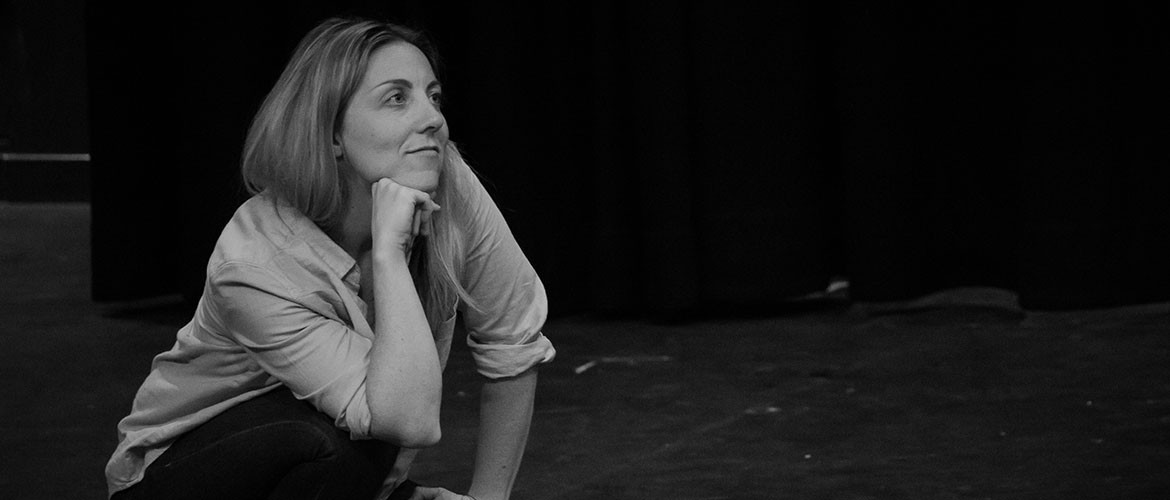Department of Film, Theatre and Television, University of York, Baird Lane, York YO10 5GB
Fri Jun 12, Sat Jun 13 and Sun Jun 14 @ 7.30pm
The Fleeting Arms, 54 Gillygate, York YO31 7EQ
Wed Jun 17 and Thu Jun 18 @ 7.30pm
£5-£10
What are you prepared to do to change the world? What would you damage? Who would you destroy?
These are the questions posed by Demons, this year’s summer production by students from the Department of Theatre, Film and Television at York University.
Fyodor Dostoyevsky’s 1872 novel Demons was set in a society where the poor and powerless are governed by a tiny number of the super-rich and the young are disenfranchised. This adaptation by Hannah Davies and Tom Cornford explores the same themes as the original but transposes the action to the present day.
In the first of a series of blogs about the production, Julie McIsaac, the show’s associate director, reveals the affect it has had on her.
Never the same again
Working on Demons has piqued my political consciousness. I am being absolutely sincere when I say that I will never look at the world in the same way again.
Most particularly, I have gained a greater awareness of the systems that shape and govern our lives. The arbitrariness of these systems keeps revealing itself, and I often find myself questioning who stands to gain – and who stands to lose – as a result.
The Demons team first came together for five days of research and development back in April, and an atmosphere of intrepid exploration has also characterised our work in rehearsals these past weeks.
Rooting ourselves in the current political climate – the timing of the general election was remarkably convenient in this respect – we’ve been using a variety of physical and textual frameworks to develop the points of view that we wish to include in the piece, and the script is continuing to evolve as we do so.
In a sense, it’s as though we’ve all had our ears pressed up against a closed door, trying to make sense of some murmured conversation on the other side.
We’ve been gradually attuning ourselves to the vibrations beyond, and reporting back to one another what we think we’ve heard. In the coming days, however, we’ll finally open that door and see what we’ve hitherto only sensed.

And so, as we head further into rehearsals I’m excited to see what will be revealed. It’s definitely an ensemble piece – a chorus will feature prominently, both commenting upon, and entering into, the action – but we’ve also started to distribute specific roles.
I can already sense the great benefit to be gained here; the actors will retain their shared responsibility to the story as a whole (they have enthusiastically done this since day one) but beginning this week, they will also inhabit the world of the play from a particular perspective.
As such, some actors will necessarily internalise and articulate points of view to which they are, in actuality, vehemently opposed.
This, of course, is one of the hallmarks of the theatrical form – no one will be surprised to hear that, in Demons, the actors will be acting. However, if we do succeed in communicating the range of perspectives that we wish to include, I believe that this play could accomplish in its reception what is has done for me as a participant in its creation.
In addition to referencing Dostoyevsky’s novel, we’ve been using a Google+ group to share contemporary videos, music, images and text, and this process has been revelatory.
Back in the research and development week, our dramaturg, Mark Smith, brought the word ‘prescient’ into the conversation, and indeed, there are many ways in which Dostoyevsky’s world reminds us of our own.
